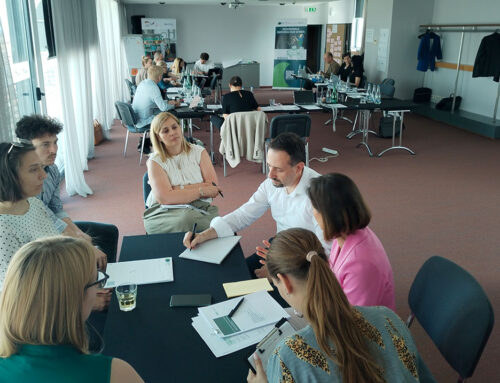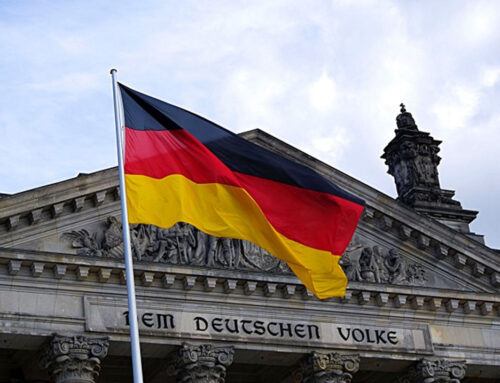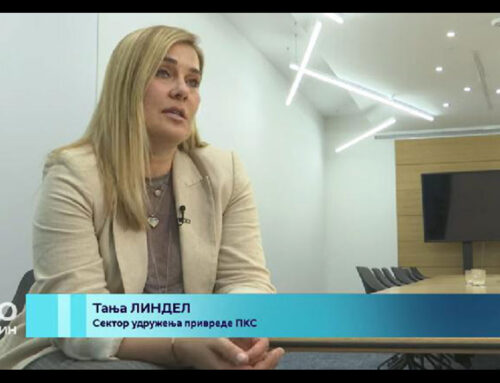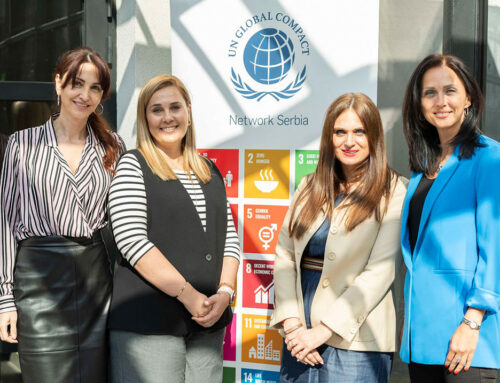Support for Serbian companies doing business with Germany

The Chamber of Commerce of Serbia (PKS) will launch in the first quarter of 2023 the Help Desk (Responsible Business Hub) - an office to help Serbian businessmen with the aim of better informing and adapting our companies, which are part of German supply chains, to the new Law on Supply Chains in Germany which begins to apply on January 1.
This project will enable our economy to better adapt and implement the standards applied in Germany in its operations, said Mihailo Vesović, Director of the Sector for Strategic Analysis, Services and Internationalization of PKS, at the press conference.
The new law prescribes a number of measures on the topic of environmental protection and human rights, which companies in Germany, as well as foreign suppliers, must adhere to in order to continue doing business on that market, explained Vesović. According to him, the task of the Help Desk will be to enable Serbian suppliers, parts of supplier chains, and even German companies operating in Serbia to properly interpret and inform what this law brings, what are the obligations of the economy and how to implement it as efficiently and quickly as possible. He estimates that new legislative frameworks, both in the domestic economy and in the EU countries, will bring solutions that will improve social responsibility.
"This business hub (Help desk), which is the result of cooperation with the German economy, should prepare domestic companies and enable them to continue working with German companies and export to the German market, but also improve the attitude of Serbian companies towards environmental protection and human rights," said Vesović.
The project is jointly implemented by the Serbian Chamber of Commerce and the German-Serbian Chamber of Commerce (AHK Serbia) with the support of the German Development Cooperation in Serbia implemented by GIZ.
The head of the sector for dual education and sustainable development of AHK Serbia, Christiane Vojt, stated that the new law in Germany is the result of the Action Plan adopted in 2016, which establishes a mechanism for the voluntary implementation of sustainable business measures and principles. "With the development of the Green Agenda and the EU Development Strategy, the need to enact a law that will implement this voluntary act into an obligation arose," explains Foyt. The regulation envisages high fines if companies do not make efforts to reduce environmental pollution or are deficient in respect of workers' rights, while foreign companies that do not comply with the standards of the German market will be prevented from doing business.
Foyt thanked PKS for trying to bring local businessmen closer to the context of the new law and present the new standards of her country related to sustainable development, human rights and environmental protection.
The coordinator of the GIZ Global Solidarity Initiative project, Johanne Vollmeier, pointed out that the services offered by the Help Desk in Serbia are modeled after the same service in Germany and will include advisory services to companies.
"Training will also be organized, which will be formed based on the demand itself and will answer questions on how to establish a control process or risk management when it comes to human rights or environmental protection," Vollmeier stated. She added that work will also be done on communication with the public in order to introduce as many people as possible to new ways of doing business and new requirements.




